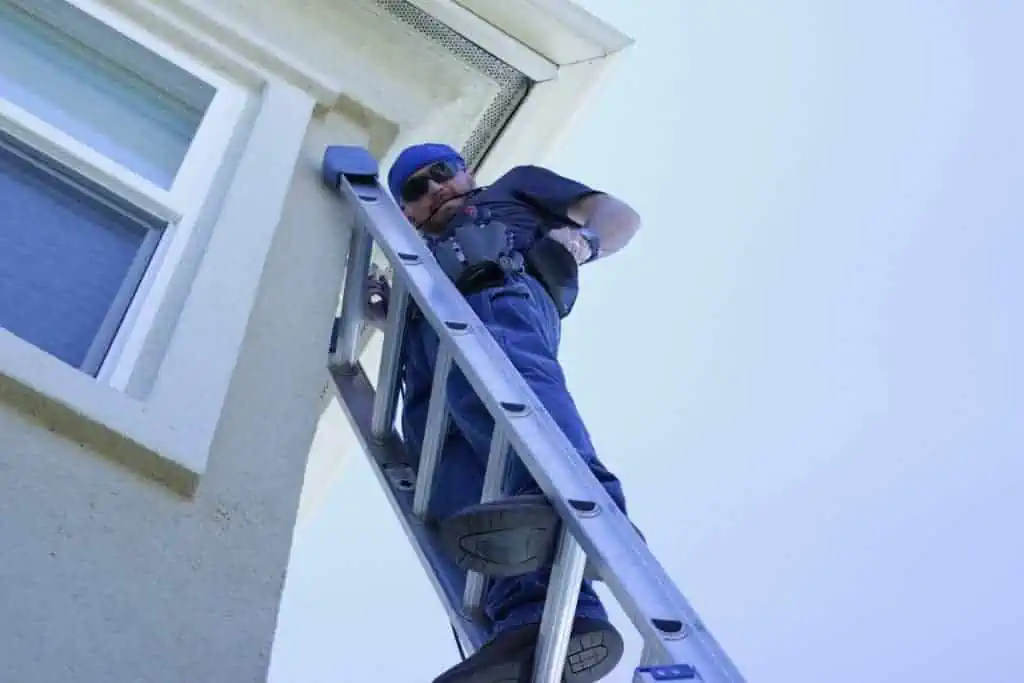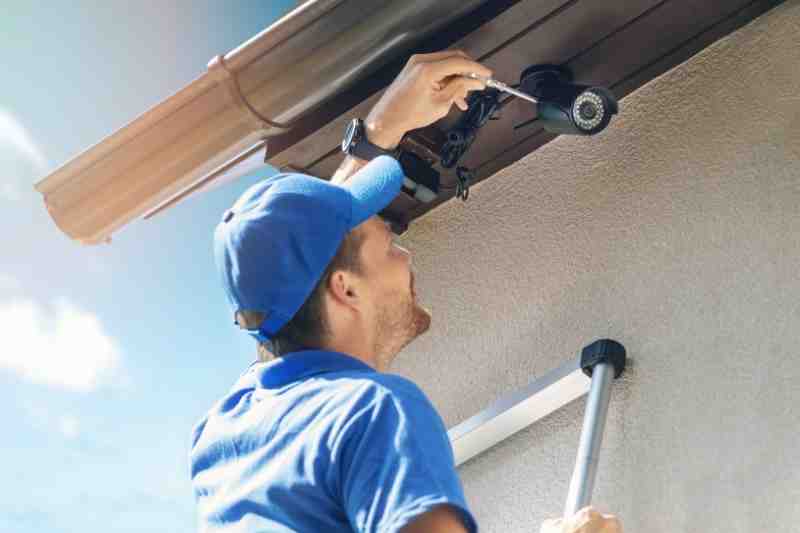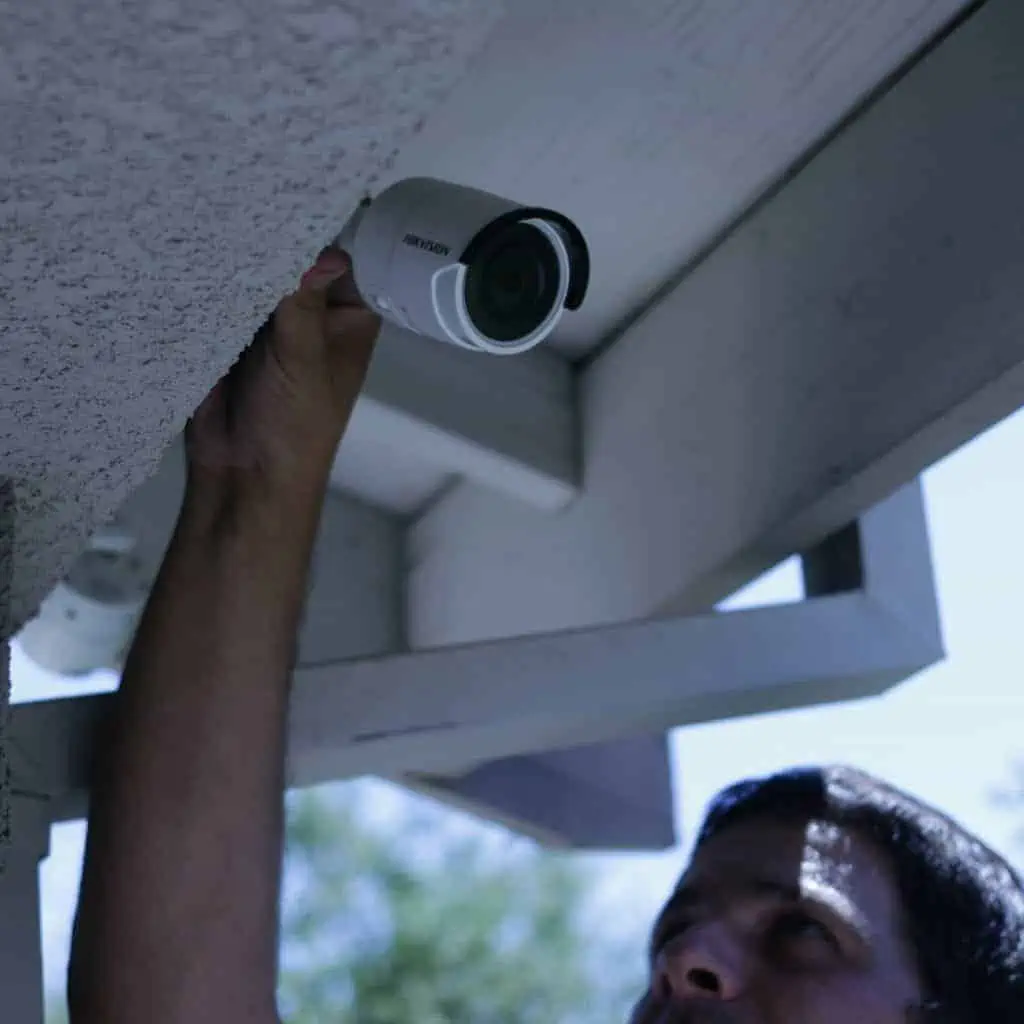
The Role of a Residential Security Consultant
A residential security consultant plays a crucial role in ensuring the safety and security of homes. Their expertise lies in assessing vulnerabilities, recommending appropriate security measures, and implementing tailored protection plans that cater to the specific needs of each household. As crime rates fluctuate and security technologies evolve, the importance of having a professional guide cannot be overstated.
These consultants possess a wealth of knowledge regarding various security systems, from traditional locks and alarms to advanced surveillance technologies. They stay updated on the latest trends and threats, allowing them to provide informed recommendations that enhance the overall security of a residence.
Understanding Individual Needs
Every home is unique, and so are the security requirements of its inhabitants. A residential security consultant begins by conducting a comprehensive assessment of the property. This includes identifying potential entry points, evaluating existing security measures, and understanding the lifestyle and habits of the residents.
By taking these factors into account, consultants can tailor their recommendations to suit individual needs. For instance, a family with young children may require different security measures than a single professional living alone. This personalised approach ensures that the protection plan is both effective and practical. Additionally, consultants often consider the psychological aspects of security; they understand that a sense of safety can significantly impact the overall well-being of residents. Therefore, they may also suggest measures that promote peace of mind, such as community engagement or neighbourhood watch schemes, which can further bolster a household’s security.
Risk Assessment and Analysis
One of the primary functions of a residential security consultant is to perform a thorough risk assessment. This process involves analysing various factors that could pose a threat to the home, such as location, crime statistics, and the presence of security features.
Consultants often use a systematic approach to evaluate risks, which may include site surveys and interviews with residents. This analysis helps in identifying vulnerabilities that may not be immediately apparent, allowing for a more comprehensive security strategy to be developed. Furthermore, consultants may also consider environmental factors, such as lighting and landscaping, which can either enhance or detract from a property’s security. For example, overgrown bushes may provide concealment for potential intruders, while well-placed lighting can deter criminal activity. By addressing these elements, a residential security consultant not only fortifies the physical aspects of a home but also contributes to creating a safer neighbourhood overall.
Developing a Tailored Security Plan
Once the assessment is complete, the next step is to develop a tailored security plan. This plan should encompass a range of measures designed to mitigate identified risks while considering the lifestyle and preferences of the residents.
Consultants may recommend a combination of physical security measures, such as locks and barriers, alongside electronic systems like alarms and cameras. The integration of these elements is crucial for creating a cohesive security strategy that works effectively.
Physical Security Measures
Physical security measures are the first line of defence against potential intruders. A residential security consultant will evaluate the effectiveness of existing locks, doors, and windows, and recommend upgrades if necessary. This might include installing deadbolts, reinforced doors, or window locks to enhance security.
Additionally, the consultant may suggest the installation of security gates or fences to deter unauthorised access to the property. These measures not only improve physical security but also provide peace of mind to residents. Furthermore, the strategic placement of outdoor lighting can illuminate dark areas around the property, making it less appealing for potential intruders. Well-lit pathways and entry points not only enhance safety but also contribute to the overall aesthetic of the home, creating a welcoming yet secure environment.
Electronic Security Systems
In today’s digital age, electronic security systems have become increasingly sophisticated. A residential security consultant can guide homeowners in selecting the right systems that fit their needs and budget. Options may include CCTV cameras, motion detectors, and alarm systems that can be monitored remotely.
Moreover, consultants can advise on the integration of smart home technology, which allows homeowners to control security features from their smartphones. This level of convenience and control can significantly enhance the effectiveness of a home security plan. For instance, smart locks can enable residents to grant access to visitors remotely, while security cameras can provide real-time updates and alerts directly to their devices. This not only empowers homeowners to monitor their property from anywhere but also serves as a deterrent to potential intruders who are aware that they are being watched. Additionally, the use of automated systems can schedule lights to turn on and off, simulating occupancy and further reducing the risk of break-ins during periods of absence.
Implementing the Security Plan
After developing a comprehensive security plan, the next step is implementation. A residential security consultant can assist in this process by coordinating with security system providers and contractors to ensure that all recommendations are executed effectively.

Implementation may involve scheduling installations, conducting training sessions for residents on how to use new systems, and ensuring that all components are functioning correctly. A well-executed implementation phase is vital for the success of the security plan.
Training and Education
Education plays a significant role in the effectiveness of any security plan. A residential security consultant often provides training sessions for residents, covering how to operate security systems, respond to alarms, and maintain security equipment.
Additionally, consultants may offer advice on best practices for everyday security, such as securing windows and doors, being aware of surroundings, and developing a neighbourhood watch system. This proactive approach empowers residents to take an active role in their own security.
Regular Reviews and Updates
Security needs are not static; they evolve over time due to changes in lifestyle, technology, and potential threats. A residential security consultant can facilitate regular reviews of the security plan to ensure it remains effective and relevant.
These reviews may involve reassessing the property, updating security systems, and incorporating new technologies. By maintaining an ongoing relationship with a consultant, homeowners can adapt their security measures to meet changing circumstances.
The Benefits of Hiring a Residential Security Consultant
Engaging a residential security consultant offers numerous benefits that extend beyond simply enhancing physical security. Their expertise and tailored approach can significantly improve the overall safety and well-being of a household.
One of the primary advantages is the peace of mind that comes from knowing that a professional is overseeing the security of the home. This allows residents to focus on their daily lives without the constant worry of potential threats.
Cost-Effectiveness
While some may view hiring a security consultant as an unnecessary expense, it can actually be a cost-effective investment in the long run. By identifying vulnerabilities and implementing the right security measures from the outset, homeowners can avoid the financial repercussions of a break-in or security breach.
Moreover, consultants can help homeowners select systems that offer the best value for money, ensuring that investments in security are both effective and economical.
Enhanced Resale Value
In today’s property market, security features can significantly enhance the resale value of a home. A well-implemented security plan can be an attractive selling point for potential buyers, who are increasingly prioritising safety when choosing a property.
By investing in a tailored security plan, homeowners not only protect their current residence but also increase its appeal to future buyers, making it a wise investment decision.

Conclusion
In an ever-changing world, the importance of a tailored security plan cannot be overstated. A residential security consultant offers expertise and personalised solutions that cater to the unique needs of each household. From thorough risk assessments to the implementation of advanced security measures, these professionals play a vital role in safeguarding homes and enhancing residents’ peace of mind.
By engaging a consultant, homeowners can ensure that their security measures are effective, cost-efficient, and adaptable to changing circumstances. Ultimately, investing in professional security consulting is a proactive step towards creating a safe and secure living environment.
See Also: Exploring wireless home security systems: pros and cons.
